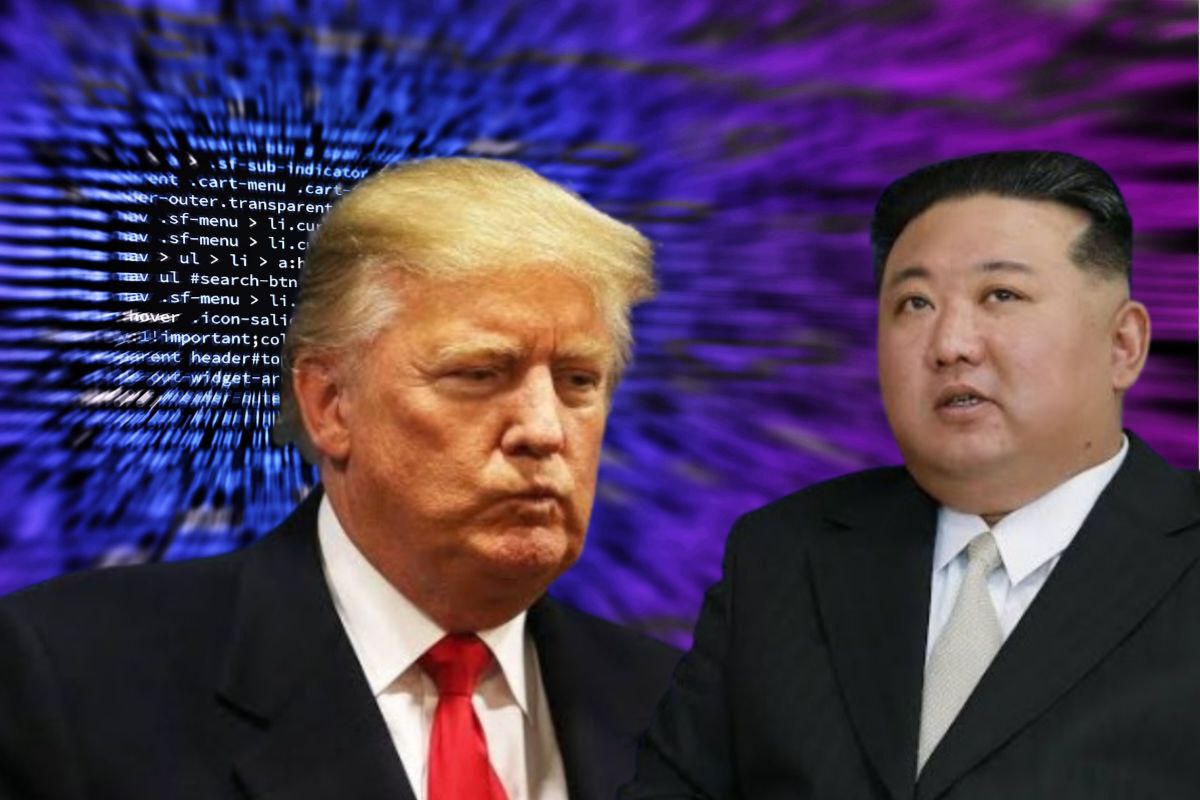The United States has launched a major crackdown on North Korea’s global criminal networks, offering up to $15 million in rewards for information leading to the arrest of key individuals involved in illicit revenue schemes. These include cybercrime, IT worker fraud, tobacco smuggling, and counterfeiting—activities that fund North Korea’s weapons of mass destruction and missile programs. The U.S. has also sanctioned North Korean entities and individuals, while an American citizen faces sentencing for aiding these schemes. The move highlights Washington’s efforts to protect U.S. businesses and national security from foreign threats.
U.S. Offers $15 Million in Rewards to Disrupt North Korean Revenue Schemes
In a sweeping move to counter North Korea’s transnational criminal networks and unlawful revenue generation strategies, the United States government today announced coordinated actions across multiple agencies—including the Departments of State, Justice, and Treasury. These efforts are aimed at dismantling schemes that directly threaten the U.S. homeland, undermine global stability, and violate United Nations and U.S. sanctions.
At the heart of these actions is a major reward announcement. The U.S. Department of State’s Transnational Organized Crime Rewards Program (TOCRP) is offering rewards of up to $15 million for information that leads to the arrest and/or conviction, in any country, of North Korean national Sim Hyon-sop and six of his co-conspirators. These individuals are accused of participating in an international scheme involving tobacco smuggling, IT fraud, and financial crimes designed to generate funds for North Korea’s weapons of mass destruction (WMD) and ballistic missile programs.
North Korea’s illicit revenue activities span a wide range of domains. These include cryptocurrency theft, illicit information technology work, trafficking in counterfeit goods, oil smuggling, and other criminal enterprises. Many of these schemes are specifically designed to target U.S. companies and citizens. The revenues are used to fund North Korea’s unlawful and highly destabilizing WMD and missile development programs. Alarmingly, some of these weapons have been transferred to Russia and used in attacks on Ukrainian territory, including strikes on Kyiv.

The United States has made clear that it will not stand by while North Korea profits from criminal behavior. By pursuing financial disruption and legal accountability, the U.S. aims to protect its financial systems, businesses, and citizens from North Korean threats.
The individuals currently being targeted include Sim Hyon-sop, who is facing a reward offer of up to $7 million, as well as Myong Chol-Min and Kim Se-Un, each with rewards of up to $3 million. Additionally, Kim Yong-Bok, Kim Chol-Min (also known as “Jack”), Ri Tong-Min (also known as “Elvis”), and Ri Won-Ho each have rewards of up to $500,000 for information leading to their capture and prosecution.
Sim Hyon-sop and co-conspirators, including Kim Se-Un, are also known to be involved in orchestrating fraudulent IT work abroad. Thousands of North Korean IT workers are dispatched to countries like Russia and China, where they engage in deceptive remote work schemes, often targeting U.S. companies. These workers conceal their true identities and remit earnings back to the North Korean regime, helping finance missile production and WMD development.
In a related move, the Department of the Treasury has designated Korea Sobaeksu Trading Company, which has previously sent IT workers to Vietnam. Three North Korean nationals—Kim Se Un, Myong Chol Min, and Jo Kyong Hun—have also been sanctioned for their role in such illicit operations. These networks help Pyongyang access global finance, technology, and international facilitators in support of banned government entities like the Munitions Industry Department and the Ministry of Atomic Energy and Industry.
The Department of State continues to engage with foreign governments to curb the export of North Korean IT labor. These diplomatic efforts are essential to cutting off the regime’s access to hard currency and high-paying jobs that pose direct risks to U.S. corporations.
In a significant legal development, American citizen Christina Marie Chapman is set to be sentenced in the District of Columbia today for her role in facilitating a North Korean IT worker scheme. Chapman helped enable North Korean operatives to defraud more than 300 U.S. companies, including Fortune 500 firms. These workers were hired for remote positions, often earning high salaries that were secretly funneled back to North Korea to support missile and WMD programs.
The TOCRP reward offers are authorized by the Secretary of State and are part of a broader strategy to assist law enforcement globally in bringing transnational criminals to justice. Individuals with actionable information can contact the FBI via phone, text, or WhatsApp at +1-480-695-1388. Those located abroad can approach the nearest U.S. embassy or consulate, while U.S.-based individuals can also contact local FBI field offices. All tips will be kept strictly confidential, and government officials are not eligible for rewards if acting in the course of official duties, as per U.S. Code 22 § 2708(f).
In addition to the TOCRP announcement, the State Department’s Rewards for Justice (RFJ) national security program maintains a separate standing reward offer of up to $5 million. This reward is for information leading to the disruption of financial mechanisms that support the North Korean government, including activities related to cybercrime, money laundering, and sanctions evasion that facilitate WMD and ballistic missile proliferation.
These announcements reinforce the United States’ ongoing commitment to dismantling North Korea’s global criminal apparatus, protecting U.S. national security, and holding all responsible parties accountable.

